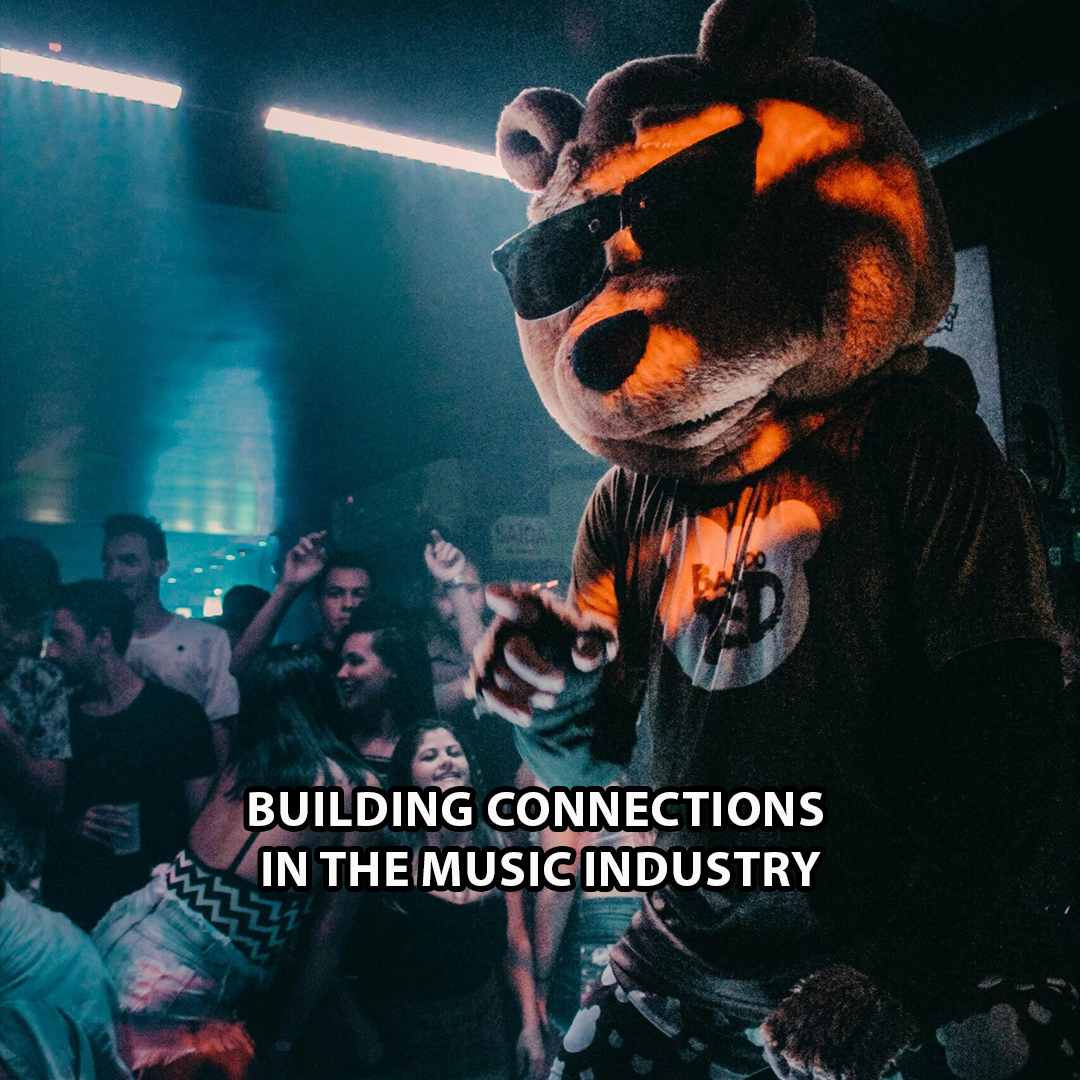In the music industry, talent and hard work are crucial, but networking can often be the deciding factor in an artist’s success. Building strong connections with industry professionals can open doors to new opportunities, collaborations, and resources that can significantly impact your career. This blog explores the value of networking and provides practical tips on how to build meaningful connections in the music industry.
The Value of Networking
Networking is about more than just meeting people; it’s about building relationships that can support and enhance your career. Here are some key benefits of effective networking:

- Access to Opportunities
- Networking can connect you with opportunities that may not be publicly advertised, such as gigs, collaborations, or industry events. Knowing the right people can give you a competitive edge.
- Learning and Growth
- By connecting with more experienced professionals, you can gain valuable insights and advice that can help you improve your craft and navigate the industry more effectively.
- Increased Visibility
- Networking helps you get your name out there. The more people who know about you and your work, the more likely you are to be recommended for opportunities.
- Support System
- Building a network of like-minded individuals can provide emotional and professional support. This community can be a source of encouragement and guidance during challenging times.
- Collaboration
- Collaborating with other artists and professionals can lead to innovative projects and help you reach new audiences.
Tips for Building Meaningful Connections
Building a strong network takes time and effort, but the following tips can help you make meaningful connections in the music industry:

- Attend Industry Events
- Attend concerts, conferences, workshops, and networking events. These gatherings are prime opportunities to meet industry professionals and like-minded artists.
- Be Genuine and Authentic
- Authenticity is key in networking. Be yourself, show genuine interest in others, and build relationships based on mutual respect and shared interests.
- Utilize Social Media
- Join Music Associations and Groups
- Become a member of music associations and online groups. Participate in discussions, attend meetings, and contribute to the community.
- Collaborate with Others
- Look for opportunities to collaborate with other artists, producers, and industry professionals. Collaboration can be a great way to build relationships and showcase your skills.
- Follow Up and Stay in Touch
- After meeting someone, follow up with a message or email to keep the connection alive. Regularly stay in touch with your network by sharing updates and checking in.
- Offer Value
- Networking is a two-way street. Look for ways to offer value to others, whether it’s through sharing your expertise, providing support, or connecting them with opportunities.
- Attend Workshops and Masterclasses
- Participating in workshops and masterclasses not only helps you improve your skills but also provides a platform to network with industry experts and fellow participants.
- Volunteer at Industry Events
- Volunteering at music festivals, conferences, and other industry events can provide behind-the-scenes access and the chance to meet key players in the industry.
- Be Patient and Persistent
- Building a strong network takes time. Be patient, stay persistent, and continue to nurture your relationships.
Conclusion
Networking is an essential part of building a successful career in the music industry. By making meaningful connections, you can gain access to opportunities, learn from others, increase your visibility, find support, and collaborate on exciting projects. Remember, networking is about building genuine relationships. Be authentic, offer value, and stay persistent. The connections you make today could shape your career tomorrow.

Dear Engineears,
I recently lost my daughter to leukemia. She was passionate about music and dreamt of becoming a professional pianist. Her Yamaha piano meant the world to her, and I would love for it to find a new home with someone who shares her passion.
If you or anyone you know would be interested in continuing her legacy through music, please let me know.
Warm regards,
Amanda